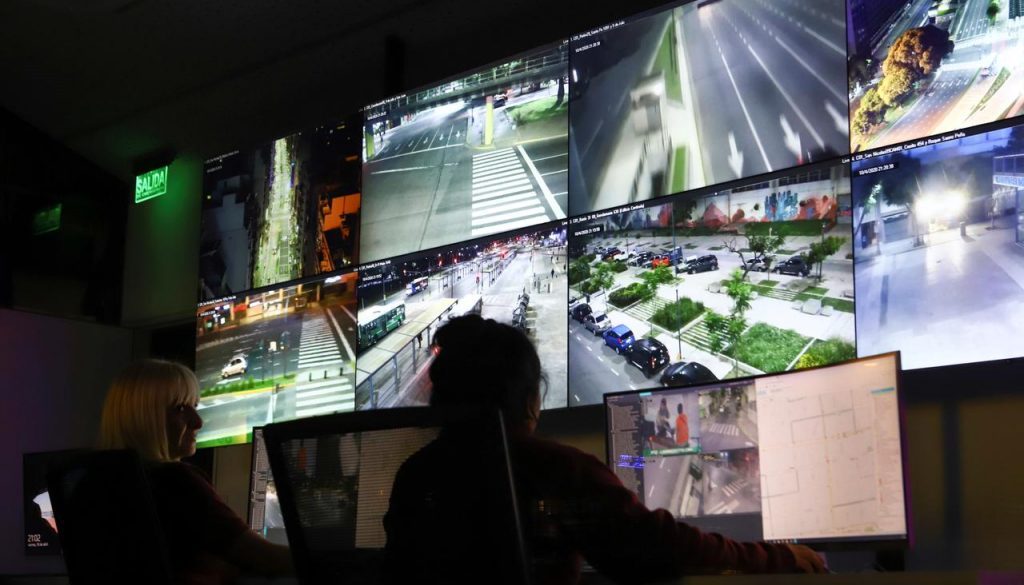Argentina: Man arrested for sarcastic tweet amid social media intelligence during Covid-19
On March 19, the President of Argentina Alberto Fernandez announced a mandatory lockdown or quarantine for the entire country with people only having permission to leave their homes to shop for food and to get medicine.
On April 14, the authorities in the City of Buenos Aires announced that anyone who uses public transport or interacts with the public, such as shop owners or news vendors, must wear a face mask or cover and that anyone who defies this rule would receive a fine of between US$165 and US$1,223 or risk having their business closed.
As a means to ensure Argentina’s quarantine measures are being enforced and adhered to, the authorities have increased their social media surveillance , aimed at monitoring the “social mood” and preventing riots or other demonstrations.
Anyone found guilty of a so-called “public intimidation” crime can face up to six years in prison.
No legal framework
As the practice of social media intelligence has no legal framework, the Center for Legal and Social Studies (CELS) submitted a request for information about this practice from the National Security Ministry but this request went unanswered.
The ministry invited CELS to a meeting where a protocol the ministry drafted for these activities was presented. CELS subsequently submitted comments outlining its serious concerns and suggestions to the ministry, where they specifically called on the ministry to stop Argentina’s federal security forces from carrying out indiscriminate surveillance activities.
CELS has also continued to highlight that mass surveillance is prohibited in Argentina.
Finally, on June 2, the Security Ministry launched the official protocol for social media surveillance (so-called ciberpatrolling).
Tweet
Although it includes some of CELS’ suggestions, and it’s supposed to last solely during the health pandemic, it still presents major problems regarding the illegal gathering of intelligence.
In the meantime, CELS has also taken up the case of 20-year-old man Kevin Guerra. On April 8, Mr Guerra copied the text of a meme he saw on Facebook which contained the word “looting” and published a sarcastic tweet after learning he wouldn’t receive the state’s emergency welfare payment.
Two days later, he was informed that a criminal investigation was being conducted into his tweet for “public intimidation”. In his tweet, Mr Guerra joked: “Che, what’s up, those of us who don’t collect the 10,000 peso bonus. The looting still stands, right?”
CELS is now representing Mr Guerra and calling for the case against him to be dismissed. They argue that the surveillance activities used against Mr Guerra go beyond the legal powers of Argentina’s security force and, at the same time, are contrary to freedom of expression and the right to privacy. They are seven or eight other known cases similar to that of Mr Guerra.
Privacy concerns
Apart from an increase in social media intelligence, in response to Covid-19, Argentina has also launched an app, Cuidar, that must be downloaded by people who are allowed to travel, for example those who perform essential jobs (although it’s possible to obtain permission to circulate without downloading the app, it’s more difficult and discouraged by the authorities).
The self-reporting app requires users to enter their national ID number, address, email and phone number.
They must also answer a number of questions concerning their health. Once the process is complete, the app generates a certificate issued by the Ministry of Health that authorises the user to go to work for the next 14 days.
However, it’s recommended they repeat the task every 48 hours.
CELS is continuing to monitor the use and privacy concerns surrounding this app.
(Labelled for non-commercial re-use)

